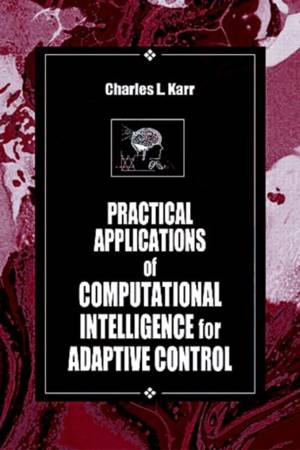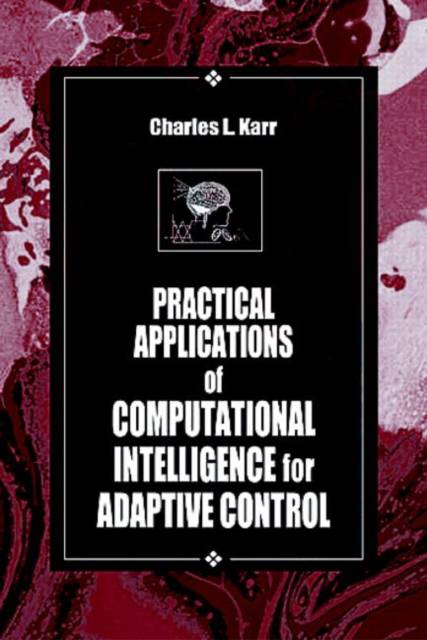
- Retrait gratuit dans votre magasin Club
- 7.000.000 titres dans notre catalogue
- Payer en toute sécurité
- Toujours un magasin près de chez vous
- Retrait gratuit dans votre magasin Club
- 7.000.0000 titres dans notre catalogue
- Payer en toute sécurité
- Toujours un magasin près de chez vous
Practical Applications of Computational Intelligence for Adaptive Control
Charles KarrDescription
Written as a result of a seven year research project using computational intelligence techniques for solving mineral processing problems at the U.S. Bureau of Mines, this book is about intelligent, adaptive process control. It brings together ideas from the field of computational intelligence, a part of the larger field of artificial intelligence, including fuzzy mathematics, genetic algorithms, and neural networks and uses these ideas to develop a generic architecture for accomplishing adaptive process control. In the development of this architecture, the requisite tools are described and then demonstrated on a number of problems. Moreover, most of the examples are of interest in industrial settings (although some simple examples are provided in the beginning so that the reader can focus on technique and not be overburdened with the complexity of the problems being solved.)
The focus of Practical Applications of Computational Intelligence for Adaptive Control is on practical applications. It provides practicing engineers and scientists with the information they need to solve process control problems in industry and academia.
If the reader is interested in solving difficult control problems or interested in the mechanics of basic computational intelligence techniques, then this book is an excellent place to start.
Spécifications
Parties prenantes
- Auteur(s) :
- Editeur:
Contenu
- Nombre de pages :
- 280
- Langue:
- Anglais
- Collection :
- Tome:
- n° 7
Caractéristiques
- EAN:
- 9780849320699
- Date de parution :
- 12-04-99
- Format:
- Livre relié
- Format numérique:
- Genaaid
- Dimensions :
- 163 mm x 244 mm
- Poids :
- 512 g

Les avis
Nous publions uniquement les avis qui respectent les conditions requises. Consultez nos conditions pour les avis.






